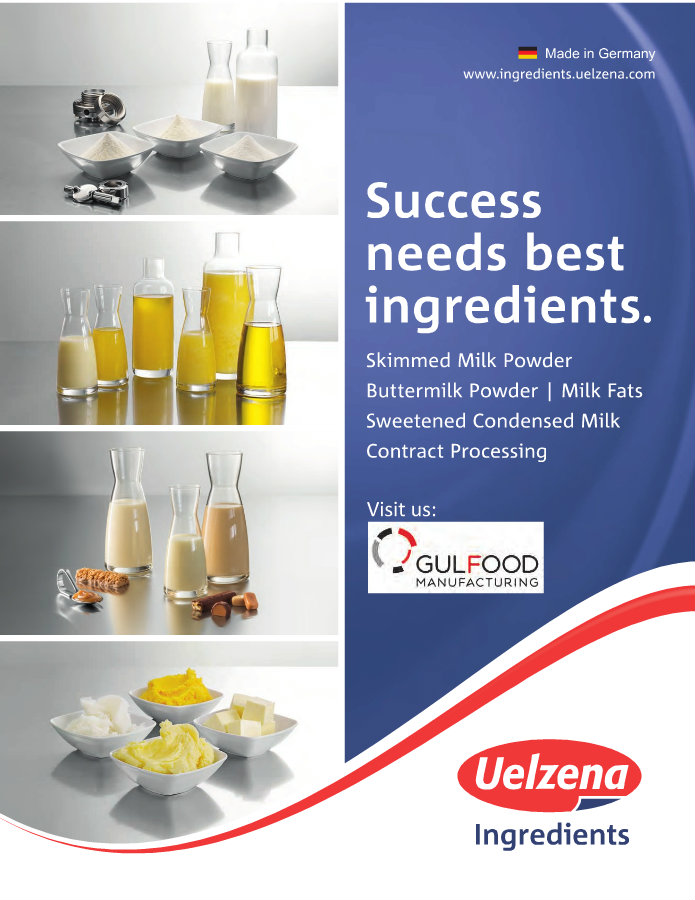Industry initiative seeks to head off threat of tougher government with rules of its own.

Israeli food products may soon prominently feature on their labels their nutritional parameters as well as Guide Daily Amounts for consumption of calories and certain ingredients, TheMarker has learned.
Unusually, the initiative for the change isn’t coming from the government but the food industry itself.
“This is nothing less than an earthquake for the food industry,” said one senior executive for a large food manufacturer, who asked not to be identified. “We’ve decided to put on the front of every package all the bad things the product contains. Nothing like this has ever happened here.”
The changes are being led by Israel’s biggest food companies, including Tnuva, Strauss Group and Central Bottling Company, the local Coca-Cola bottlers. If the initiative is adopted by the Israel Food Association, the food makers division of the Israel Manufacturers Association trade group, the rules will apply to the entire industry.
The labeling initiative comes at a time when the food industry is reeling by Israeli consumers’ seemingly sudden shift to healthier eating. According to data from the big supermarket chains, sales of prepared, chilled hummus, which has borne the brunt of concerns over the healthfulness of prepared salads, have fallen 14% so far this year. Sales of processed meats have fallen even more sharply — by 25% for sausages and 23% for frozen meat.
Meanwhile, supermarket chains are reporting that shoppers are preferring fresh meat, whose prices have fallen after duty-free quotas for imported meat were increased. Sales of fresh meat have jumped 50% since the start of the year as have sales of fresh fish, which are up 40%. Sales of pure tehina, used as is or combined with water, lemon juice and garlic for a fresh, additive-free alternative to its prepared, refrigerated cousins, rose 15%, while those of bagged salad greens are up 11%.
Led by the Health Ministry, the government has been encouraging the trend.
Earlier this year Health Minister Yaakov Litzman took the unusual step of citing McDonalds by name as a source of unhealthy food, and two months ago the ministry launched a campaign alerting the public to the risk of Type 2 diabetes posed by excessive sugar consumption. Sales of sugarless products have skyrocketed.
In February the ministry formed a committee, headed by Director General Moshe Bar-Siman, to examine the possible introduction of a host of regulatory measures. These include special taxes on sweetened drinks and other high-sugar foods, as well as banning from sale in schools products containing added nitrates or sugars in schools, limiting salt content in many products and labeling on breakfast cereals and snacks that would tell consumers how healthful or harmful they are.
The food companies are taking much of the initiative, although the industry source said that was in part in response to pressure from regulators.
“Food companies are leapfrogging external regulations with internal regulations,” said the industry source. “In other words, the industry is taking major steps before the Health Ministry and other government officials decide they are going to lead the initiative on health food. What else can an industry built on meeting the needs of its customers do? In the end it’s the consumer who decides to buy the product, not the health minister.”
The industry proposal would involve showing the percentage of calories and of seven nutrients — protein, carbohydrate, sugars, fat, saturated fat, fiber and salt — contributed by the product relative to an adult’s estimated daily nutritional needs. Such labeling has been in use in the European Union since 2009, and in the United States since 2012, but do not appear on Israeli food labels.
The industry source said changing the labels to meet the new standards would cost each company millions of shekels, but the alternative — fighting government-led labeling reforms — would have cost the industry millions in legal fees.
Some manufacturers have taken their own initiatives. Unilever Israel has begun indicating the sugar content of its breakfast cereals using images of spoons, and has moved to reduce their sugar content. Israel’s biggest food maker, Tnuva, has partnered with the Health Ministry in Food Compass, a program through which it has reduced the sugar content in around 130 products since 2013.




